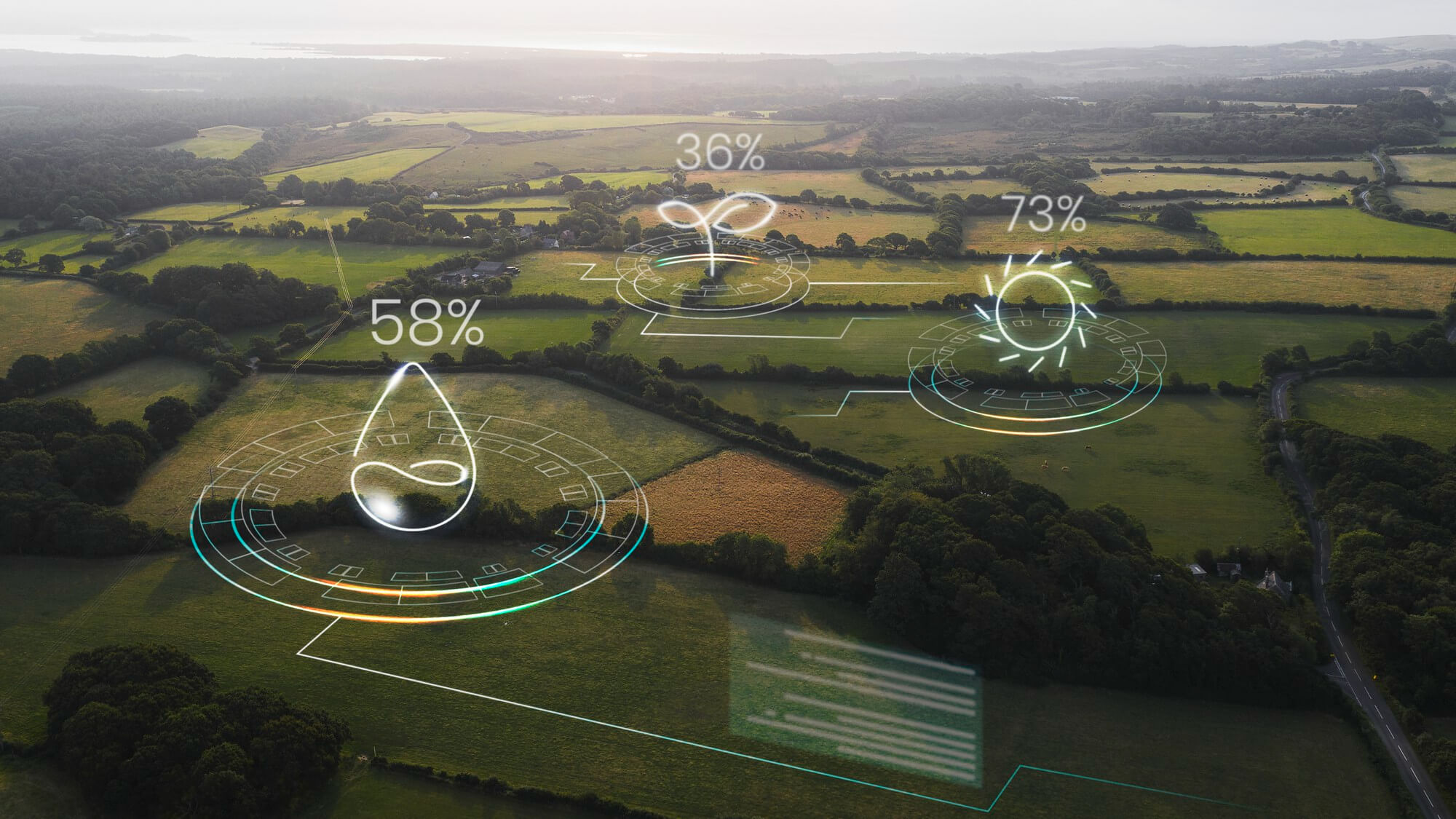When people talk about sustainable finance in Africa, the conversation often focuses on large infrastructure projects, renewable energy investments, or international climate funds. These are important, of course, but I believe they miss the real starting point. If Africa is serious about building a financial system that is truly sustainable, inclusive, and transformative, it must begin with women—especially women in rural areas.
This is not only a question of fairness. It is a question of efficiency, of impact, and of building an economy that reflects the realities of African societies. Women are not just participants in the economy—they are its foundation. Ignoring them means ignoring the real drivers of change.
Women at the heart of local economies
In Africa, women play multiple economic roles at the same time. They are farmers, entrepreneurs, caregivers, community organizers, and financial managers of their households. In agriculture, which employs the majority of Africans, women contribute up to 60–70% of the labor. They plant, harvest, sell at markets, and ensure food security for their families.
Beyond farming, women also dominate the informal economy. They run small shops, street markets, and micro-businesses. In many rural areas, it is women who organize local saving groups, rotating funds, and cooperative initiatives. These systems may not be recognized by traditional finance, but they are real financial institutions for millions of families.
And yet, despite this vital contribution, women are often excluded from the formal financial system. Many do not have bank accounts, cannot access credit, and remain invisible to larger investors. This paradox is striking: women sustain Africa’s economy, but finance systematically overlooks them.
I believe this is not only unjust, but also inefficient. How can we speak about “sustainable finance” when we exclude the very people who make economies run at the local level?
Why finance needs women
For me, the case for putting women at the center of sustainable finance is simple: when women thrive, everyone thrives.
Research has shown, time and again, that women reinvest a much larger share of their income into their families compared to men. They prioritize education, healthcare, nutrition, and community well-being. This means that every dollar invested in a woman has a multiplier effect—it improves not only her life, but also the lives of her children, her household, and her community.
But beyond statistics, I think the reality is even stronger. Women are natural innovators when it comes to resilience. They have created and managed systems of community finance long before modern banks arrived. Tontines, village savings groups, or rotating credit associations are essentially grassroots financial institutions. They work because they are based on trust, discipline, and mutual accountability.
To me, this is one of Africa’s greatest untold stories: women have been practicing sustainable finance for centuries. They may not call it “ESG” or “impact investing,” but the principles are the same—finance that serves people, finance that builds community, finance that prepares for the future.
If we want sustainable finance in Africa to be real, it has to recognize women not as passive beneficiaries, but as active leaders.
The risks of exclusion
What happens when finance excludes women? The answer is clear: societies grow more unequal, economies lose potential, and sustainability becomes an empty word.
First, there is the cost of inequality. When half of society is left out of access to credit, training, and investment, countries are literally working at half capacity. The IMF has estimated that closing gender gaps in labor force participation could increase GDP by double digits in many African countries. By excluding women, we are leaving massive value on the table.
Second, exclusion weakens resilience. Climate change is already hitting Africa hard—droughts, floods, and extreme weather threaten livelihoods. Women, who make up the majority of smallholder farmers, are on the frontline of these impacts. If they don’t have access to finance to adapt—whether through irrigation, seeds, or insurance—then communities remain extremely vulnerable.
Finally, exclusion creates a mismatch between global finance and local needs. Billions of dollars are pledged every year for “climate finance” in Africa. But too often, this money stays at the top, funding large projects or urban initiatives, while very little reaches rural women. If the people most affected by climate risks don’t see the benefits of these funds, then sustainable finance will fail in its mission.
For me, this is the greatest risk: building a financial system that looks good in international reports but does not change lives on the ground.
Towards a regenerative model
So, what does it mean to build a financial system that truly starts with women? For me, it means going beyond the “green” label. Sustainability in Africa cannot just mean solar panels and carbon credits. It has to mean finance that is educational, inclusive, and regenerative.
- Educational: Women need financial literacy programs tailored to their realities. Knowing how to save, invest, and manage risk is essential for long-term empowerment. Education is not an extra it is the foundation of financial independence.
- Inclusive: Tools must be designed for rural realities. Mobile banking has already shown its potential in East Africa. Microcredit, group lending, and cooperative banks are models that can reach women where traditional banks cannot.
- Regenerative: True sustainability is not only about reducing harm, but about restoring. Women in agriculture, for example, can be supported with financing that promotes regenerative farming, soil health, and biodiversity protection. Finance should not just extract value, but return it to the land and communities.
This is what I mean by regenerative finance. It is not only about money it is about building systems that heal, strengthen, and empower.
Lessons from local practices
One of the things I admire most about African women is their creativity in building financial solutions from the ground up.
Take tontines. These are rotating savings groups where each member contributes a fixed amount regularly, and each member receives the whole pot in rotation. This system works because of trust, social pressure, and collective responsibility. It is not just about money it is about community solidarity.
These practices are not new. They have existed for generations, and they show that Africans have long understood the principles of sustainable finance. They are transparent, participatory, and built on human connection.
Instead of dismissing these systems as “informal,” why not learn from them? Why not create hybrid financial tools that combine local trust with modern infrastructure? Imagine a digital tontine app, backed by a microfinance institution, accessible through mobile phones in rural villages. This is innovation rooted in African traditions.
I think the future of sustainable finance will come not from copying Western models, but from reimagining finance with Africa’s realities and wisdom.
Why this matters globally
Sometimes people think this is only Africa’s issue. I disagree. The way Africa develops its financial systems will have global implications. Africa is home to the world’s youngest population, and its natural resources are critical for the planet’s climate balance. If Africa fails, the world fails.
That’s why I believe the lessons of women-centered finance in Africa can inspire global change. Because the truth is, finance everywhere struggles with the same problem: how to connect capital with real impact. Africa’s women may already have part of the answer. Their systems are local, but their lessons are universal.
When I look at international conferences on climate or finance, I often notice the absence of grassroots voices. The panels are full of bankers, ministers, and CEOs. But where are the rural women who actually live with the consequences of climate change every day? If they are not part of the conversation, then we are missing the most important perspective.
For global finance to be truly sustainable, it needs to learn from Africa’s women.
My vision for the future
So let’s imagine, for a moment, what it would look like if Africa’s sustainable finance really started with women.
- Women farmers receiving green microloans to invest in irrigation, seeds, and climate-resilient crops.
- Female cooperatives creating renewable energy projects from agricultural waste.
- Women entrepreneurs leading circular economy businesses, turning local waste into local wealth.
- Networks of women managing biodiversity funds, protecting forests, and being paid for ecosystem services.
This is not science fiction. The technology exists. The capital exists. What is missing is the decision to prioritize women as central actors.
And let’s be clear: this is not only about “helping women.” This is about building stronger, more resilient societies. A woman who is empowered financially becomes a leader, a mentor, and an engine of growth. She changes her family, her community, and her country.
That is why, for me, the future of sustainable finance in Africa cannot be written without women at the center.
For a finance that is truly sustainable
When people ask me what sustainable finance in Africa should look like, my answer is simple: it must start with women. Because without women, finance will not be sustainable. And without sustainability, there is no real future.
This is not only a matter of justice it is a matter of survival. The climate crisis is already here. The economic challenges are already here. And the solutions will come from those who are closest to the land, to the families, to the communities. In Africa, that means women.
So my call is clear: if we want to build a finance that is not only green but also inclusive and regenerative, we must start with women. Because a finance that empowers women empowers everyone. And that is the kind of finance the world desperately needs today.


